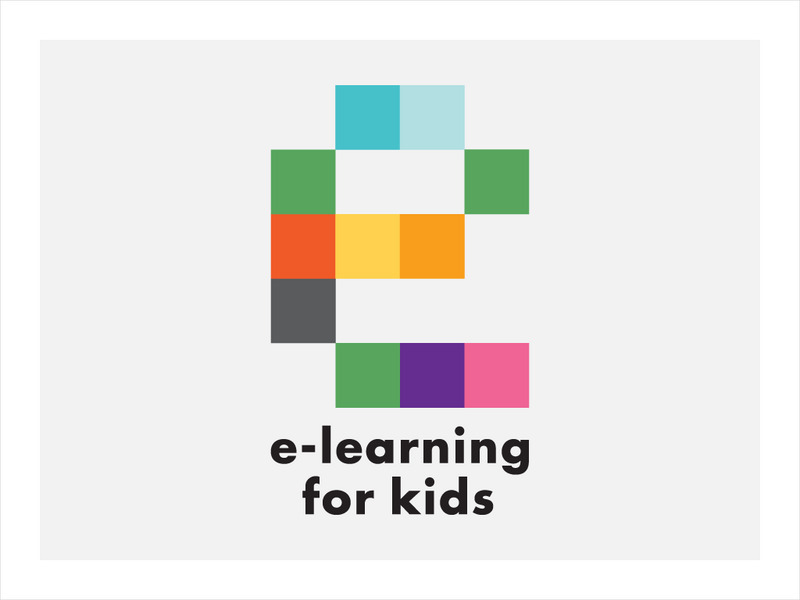Hi, what do you want to do?
World Wildlife Fund
Arctic Food Chain
Explore the food chains that support Arctic ecosystems. A class discussion on interdependence and the different roles plants and animals play in ecosystems provides students with the knowledge to complete a worksheet asking them to...
DePaul University
Contrast and Evaluate Fact and Opinion
How can you tell when an author is expression an opinion or stating a fact? Use two short reading selections to emphasize the difference between a statement that you can prove and one that you can't. The first passage explains food...
DePaul University
Breaking the Food Chain
Throughout history, the growth of big cities has resulted in the destruction of ecosystems. In the case of Chicago, IL, a grassland that was once home to bison, deer, wolves, and foxes quickly became a booming city of over three million...
Howard Hughes Medical Institute
Lesson 4: Gorongosa's Food Webs
Who eats who in the savannas of Africa? Explore trophic levels with part four of an eight-part series of lessons focused around Gorongosa National Park. After young explorers identify animals using trailcam images, they construct a food...
Curated OER
Ecosystems
A critical look into the structure and function of ecosystems is here for young learners as a series of lessons and worksheet activities. Topics covered include land-based and marine ecosystems, connections to the water cycle, food...
Simply Worksheets
Food Chain Word Scramble
In this food chain words worksheet, students unscramble the food chain words and then find a hidden word. Students unscramble 14 words total.
Science Matters
Energy Flow
Budding scientists work collaboratively to reenact energy flow in a food chain. Scholars take on roles such as producer and consumer and perform tasks that symbolize energy flow in order to provide evidence of how much energy passes...
Howard Hughes Medical Institute
Modeling Trophic Cascades
In the ecological game of who eats who, one small change can have a big impact! Individuals create food chains in an array of ecosystems, then determine what happens to organisms in the chain when one organism changes its feeding...
Science Matters
Post-Assessment
Twenty questions make up an assessment designed to test super scientists' knowledge of ecosystems. Scholars answer multiple-choice and short-answer questions about organisms, food chains, energy flow, and more.
Kentucky School for the Deaf
Levels of Organization within an Ecosystem
From tiny organisms to entire biomes, young scientists examine the interdependent relationships tying all living and non-living things together with this collection of ecology resources.
Ask a Biologist
It’s a Plankton Eat Plankton World
For as small as they are, plankton sure play an enormous role in maintaining marine ecosystems. Dive into an investigation of these tiny organisms with a hands-on life science activity in which children cut out pictures of sea...
Science Matters
Ecosystem Pre-Assessment
Test scholars' knowledge of ecosystems with a 20-question pre-assessment. Assessment challenges learners to answer multiple choice questions, read diagrams, and complete charts.
Science Matters
Formative Assessment #3
Thirteen short-answer questions follow a brief food web activity in a formative assessment designed to test knowledge of ecosystems and the energy that flows through them.
Scholastic
Minibeasts
Lead young scientists to discover insects outdoors. After investigating, students will record observations, learn about these fascinating creatures, craft, and role play.
National Park Service
Living & Non-Living Interactions
What better way to learn about ecosystems than by getting outside and observing them first hand? Accompanying a field trip to a local park or outdoor space, this series of collaborative activities engages children in...
Science Matters
That’s An Otter Story
Young scientists discover how sea otters' habitats have changed due to human impact. Through conversation, video observation, and story reading, scholars identify how human interactions change a specific ecosystem in both positive and...
Science Matters
Crawly Composters
Get your hands dirty with an interactive lesson plan that showcases the process of decomposing and returning nutrients back into the soil. After building a compost pile, pupils regularly observe the...
Science Matters
Island Fox Outreach
Off the coast of California lives a wild animal called the Island Fox. Experts discuss the importance of the Island Fox to the Channel Islands and the balance the fox creates within its ecosystem. The lesson concludes with a reading of...
CK-12 Foundation
Ck 12: Fifth Grade Science: Life Science: The Flow of Energy in an Ecosystem
A module that explains what an ecosystem is and how energy and matter move through them. Students will look at the different roles of plants and animals and at ecological relationships in food chains and food webs.
Texas Education Agency
Texas Gateway: Food Chains, Food Webs and Food Pyramids
The following is a tutorial of food chains, food webs and food pyramids.
Texas Education Agency
Texas Gateway: Organisms and Environments: Organisms Interactions
Learn about food webs, food chains, and organisms interactions in this interactive tutorial.
CK-12 Foundation
Ck 12: Plix: Ecosystems: Food Chain Pyramid
[Free Registration/Login Required] In this interactive you will need to design a food chain that corresponds with the correct ecosystem. You will need a sign-in to access the media but it will be well worth your time!
E-learning for Kids
E Learning for Kids: Science: Titanic Shipwreck: What Are Food Webs?
Jorge is a cook in an underwater restaurant. He knows a lot about food webs. Dive in and learn about it with him.
CK-12 Foundation
Ck 12: Earth Science: Flow of Energy in Ecosystems
[Free Registration/Login may be required to access all resource tools.] Describes how energy is transferred from one organism to another.




























